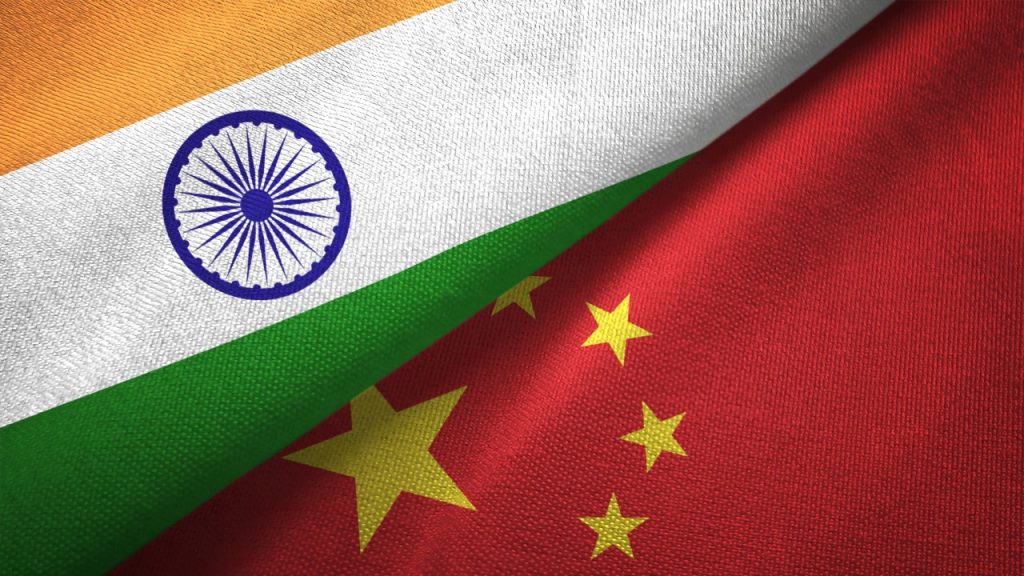Indian Defence Minister Rajnath Singh said on Thursday (January 18) said that there is a possibility that China might be “weaponising” weather for strategic gain. Though he did not mention China explicitly, his mention of Indian states sharing border with China signalled that it was indeed the country he was talking about. He also said that climate change was not just a phenomenon related to weather but it was also linked with national security.
He said that his department has “taken it seriously.”
Singh was speaking at an event in Uttarakhand, a state that shares border with China. The event marked inauguration of 35 infrastructure projects of Border Roads Organisation (BRO).
During his speech, Singh exclaimed that it was a matter worth looking into why states bordering China are witnessing increased number of natural disasters.
“Certain border states like Uttarakhand, Himachal Pradesh, Sikkim, and Union Territories like Ladakh have noticed an increase in the number of natural disasters in recent years. The Himalayas extend to other states as well, but such incidents are confined to certain states only, and we cannot ignore that. Many experts believe that these natural disasters are an outcome of climate change. Climate change in the country is not just a weather-related phenomenon; the matter is related to national security. The Ministry of Defence (MoD) has taken it very seriously and will seek help from friendly countries to study and rule out any involvement of any enemy country on this issue,” said Singh.
As per The Hindu, China has a “Beijing Weather Modification Office (BWMO),” that has 37,000 employees. Potential use of weather as weapon can include triggering flash floods via cloud seeding with an aim to depopulate a particular region across border.
China claims Indian state of Arunachal Pradesh in India’s northeast. The Brahmaputra river, also called ‘the mighty Brahmaputra’ due to its devastating floods each year, originates in China and flows through India’s northeastern states. There has long been a speculation that China might make use of the river flow in order to gain strategic advantage.

